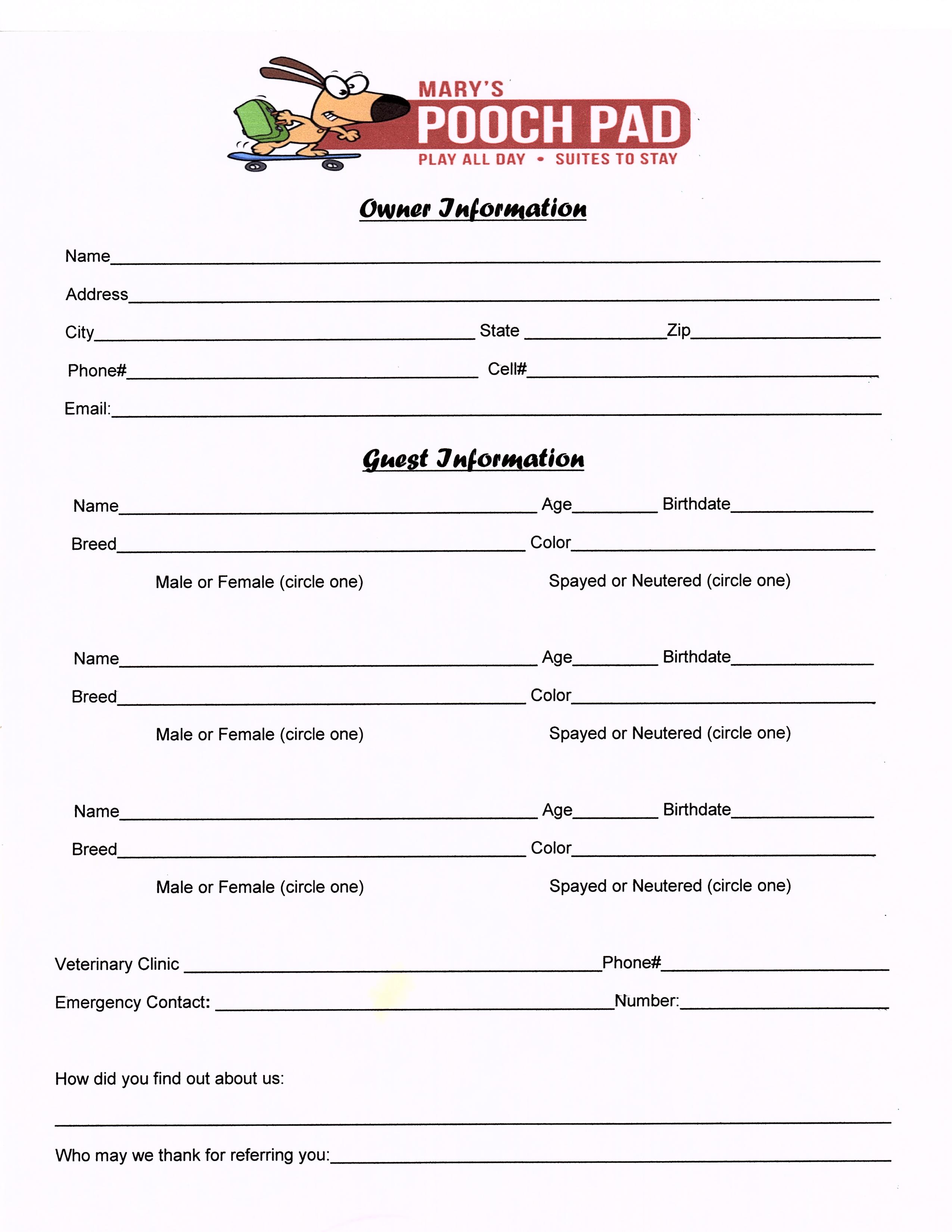5 Essential Documents for Refinancing Your Mortgage

What You Need for a Successful Mortgage Refinance

When you decide to refinance your mortgage, the process involves several key steps and the collection of important documents to ensure everything goes smoothly. Refinancing can help lower your interest rate, change the loan term, or access the equity in your home. However, before diving into the application process, it’s crucial to gather the necessary paperwork.
Document 1: Credit Report

Your credit report plays a pivotal role in refinancing. Lenders use your credit score to determine the interest rate they will offer you.
- Pull Your Credit Report: Check for any inaccuracies that might lower your score. Ensure to correct or dispute any errors found.
- Understand Your Credit Score: Lenders typically prefer scores of 700 or higher. If yours is lower, consider steps to improve it before applying.
Document 2: Proof of Income

Lenders want to know that you can repay the new loan. This involves:
- Pay Stubs: Most lenders require pay stubs from the last 30 days. If you’re self-employed, you might need profit and loss statements.
- Tax Returns: Your federal tax returns for the past two years are needed to verify your income stability and self-employment income if applicable.
- W-2 Forms: W-2 forms from the last two years can provide a stable income history.
Document 3: Asset Statements

To assure lenders you have the means to cover the costs associated with refinancing, you’ll need:
- Bank Statements: Typically, two months of bank statements are required to verify your cash reserves and savings.
- Investment Account Statements: If you have investments, recent statements can help prove your financial stability.
📘 Note: Ensure all statements are recent and accurately reflect your current financial situation.
Document 4: Home-Related Documents

These documents relate directly to your property:
- Property Title: You’ll need to prove you own the property. A copy of your deed will be required.
- Current Mortgage Statement: This statement shows your loan balance, rate, and payment terms.
- Homeowners Insurance: Lenders need proof that the property is insured.
- Home Appraisal: Often, a new appraisal is conducted to determine your home’s current value.
| Document | Description |
|---|---|
| Property Title | Proves ownership of the property |
| Mortgage Statement | Details loan balance and terms |
| Homeowners Insurance | Verifies property insurance |
| Home Appraisal | Determines current home value |

Document 5: Debt and Employment Information

Providing a clear picture of your financial obligations and employment:
- Recent Debt Statements: This includes credit cards, car loans, student loans, etc.
- Employment Verification Letter: A letter from your employer or your HR department can serve as proof of employment.
Refinancing your mortgage can be a significant financial move, but it requires diligent preparation. Gathering all the essential documents in advance streamlines the process, reducing potential delays and helping you secure the best terms possible.
⚠️ Note: All documents should be current and represent an accurate depiction of your financial and employment status to ensure a smooth refinancing process.
By understanding and preparing these documents, you're setting the stage for a successful refinancing experience. Keep in mind, lenders might require additional documents depending on your unique financial situation, but this list covers the most commonly requested items.
How long does the refinancing process take?

+
The refinancing process can typically take anywhere from 30 to 60 days, depending on how quickly you provide the required documents, the complexity of your financial situation, and the lender’s processing times.
Will refinancing affect my credit score?

+
Yes, refinancing can temporarily lower your credit score due to hard inquiries made by lenders when you apply. However, if you make all your payments on time, your score should recover over time.
What are the closing costs for refinancing?

+
Closing costs for refinancing can vary, typically ranging from 2% to 5% of the loan amount. These costs can include application fees, appraisal fees, title services, and more.



